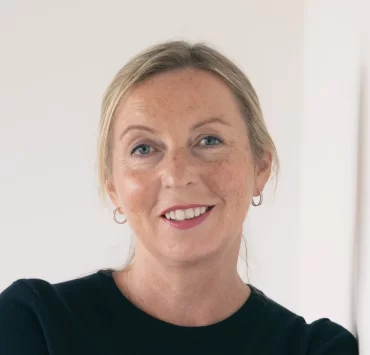We’ve all been there—feeling ready for a raise or that next career step, yet the idea of approaching your employer about it fills you with dread. Often, that awkwardness is enough to make us delay or avoid the conversation altogether, leaving us without the recognition or compensation we deserve.
Enter Florence Rolland, a highly sought-after negotiation coach and career development expert with over two decades of experience helping people from all walks of life boost their careers. As a senior consultant with Negotiate, a leading consultancy focused on empowering individuals to communicate and negotiate effectively, Florence has honed her skills across industries, working with everyone from small family businesses to major multinational corporations.
Her expertise spans the oil & gas, finance, digital tech, public services, education, and IT sectors, and she has advised professionals within major institutions across Europe, building her reputation as a top advisor in career progression, conflict resolution, and salary negotiation. Florence’s approach is practical and highly actionable, providing her clients with clear strategies for thriving in the workplace.
Here, she shares her top tips to help you go into your next negotiation prepared, stay composed, and leave feeling accomplished.
1. Be thoroughly prepared
While it might seem obvious to get ready before any discussion, preparation is key. Research the market and your industry, create a list of your recent successes in your current position, and consider what you want to achieve. This will not only give you confidence but also demonstrate your strength and value to your employer.
2. Understand it’s a collaboration
Negotiation is not one-sided – it’s about collaborative exchange and recognising that both parties have their interests. Approach the conversation by considering how what you want can also benefit your employer. This way, you can create win-win scenarios that you’re both happy with.
3. Communicate with clarity
Be clear in your communication. Active listening allows you to understand the other side’s perspective and needs. This insight can help you put together an effective proposal that addresses your employer’s concerns while meeting your own goals. Open dialogue encourages a more productive negotiation atmosphere.
4. Leverage “If…Then” statements
Phrasing your proposals as “IF…THEN” scenarios helps clarify your position and intentions. For example, “IF my employer gives me a pay rise, THEN I will take on additional responsibilities”. This approach sets the stage for constructive dialogue and encourages compromise.
5. Stay flexible—but know your limits
The best conversation occurs when the negotiators both make movements from their opening positions in order to get the best deal. Be clear though, that you cannot go further than your exit points – or the deal is not acceptable under those terms.
Visit negotiate.co.uk for more insights and resources on effective workplace negotiation, or book a one-on-one session with Florence at Florence.rolland@mucklemedia.co.uk.















